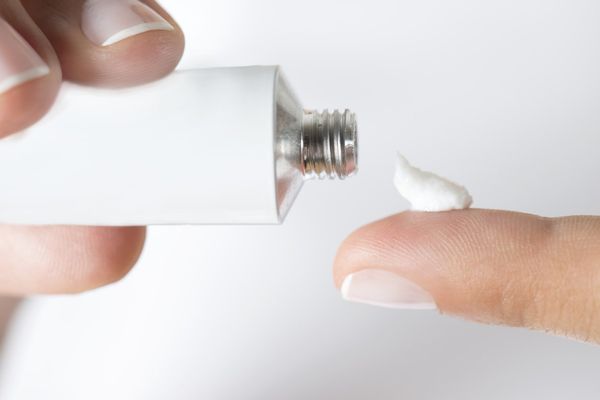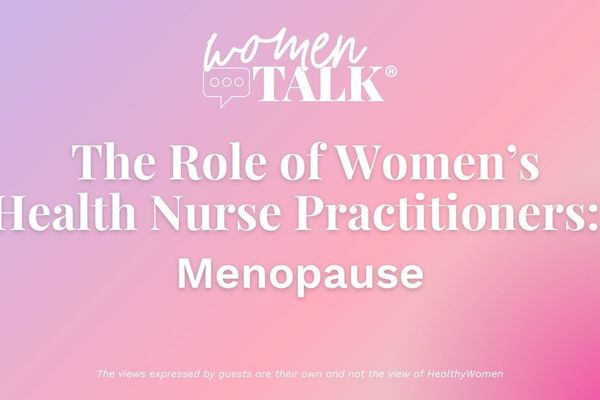October 18 is World Menopause Day.
If you asked a bunch of women which symptoms they associate most with menopause, most would answer with these two words: Hot. Flashes.
Although you might know some lucky soul who went through menopause never experiencing one single hot flash, it's more likely that you know more who are well acquainted with these heat surges that are the hallmark of menopause. Indeed, hot flashes affect between 75% and 80% of U.S. women.
So, what does a hot flash really feel like? (Asking for a friend.)
Picture this: your body is wrapped, like a mummy, in a heating pad, and someone has flipped the switch to high. There's no way to lower the heat — except to wait. Ten seconds … 10 minutes. Yep, a hot flash can last a verrrrry long time.
It's wintertime. It's freezing outside. But somehow, unlike other years, you only need a very light jacket. And you can't even imagine wearing a hat, because the last time your head was covered and you got a hot flash, your entire head was a soaking mess. It may be wintertime, but you're having your own private summer.
You look like you've just completed a full marathon. Only you haven't. Your face is beet-red, your pulse is quick and you're pouring sweat.
Hot flashes feel different for everyone. Some get them hardly ever and only get a fleeting feeling of warmth, while others get them multiple times each hour and feel as if their body is on fire.
Why are there some lucky women who don't get hot flashes?
Theories abound but since the cause of hot flashes is still poorly understood, no one really knows why some people win the hot flash lottery and others don't.
Sounds pretty serious. But are hot flashes dangerous?
Hot flashes themselves are more uncomfortable than they are hazardous. But if you equate "danger" with wanting to jump out of your skin or bite off the head of the nearest person, then maybe the answer would be yes.
Beyond the fact that that hot flashes are uncomfortable, research has shown that women with vasomotor symptoms of menopause, which include hot flashes and night sweats, have an increased risk of cardiovascular disease and other chronic conditions such as Type 2 diabetes and metabolic syndrome.
What is actually going on in my body during a hot flash?
Your hypothalamus — the part of your brain responsible for regulating body temperature (along with appetite, sleep cycles and hormones) — detects hormonal shifts and goes on alert, thinking you're overheating.
Your body gets a sudden, intense surge of warmth; sometimes your skin turns red and blotchy. Your skin temperature climbs, beginning at the top third of your body (your face, head and chest).
Blood vessels begin to dilate. Your body struggles to regulate and attempts to reduce its temperature by perspiring.
Your heart pumps faster, and you might feel anxious and chilled as the hot flash lets up (if you lose too much body heat).
Give me ways to cope. Please.
The first thing to know is that you might not be able to avoid hot flashes, but you can avoid some triggers, like:
- Hot weather
- Smoking
- Caffeine
- Spicy foods
- Alcohol
- Tight clothing
- Stress
- Exercising in the heat
And here are some tips for if you do get hot flashes
- Cool down the room
- Dress in layers
- Use a fan while you sleep
- Maintain a healthy weight
- Practice slow, deep breathing or mind-body practices, like yoga or meditation
- Wear socks to bed to reduce your core body temperature
- Sip small amounts of water before bedtime
Hot flashes and night sweats do get better — we promise
While you wait your hot flashes out, think about all the money you're saving on heating your home or buying sweaters. And how naturally dewy and rosy they can make your skin look.
If these heat surges are really driving you insane, talk with your healthcare provider. There are many viable, proven and safe options out there.







